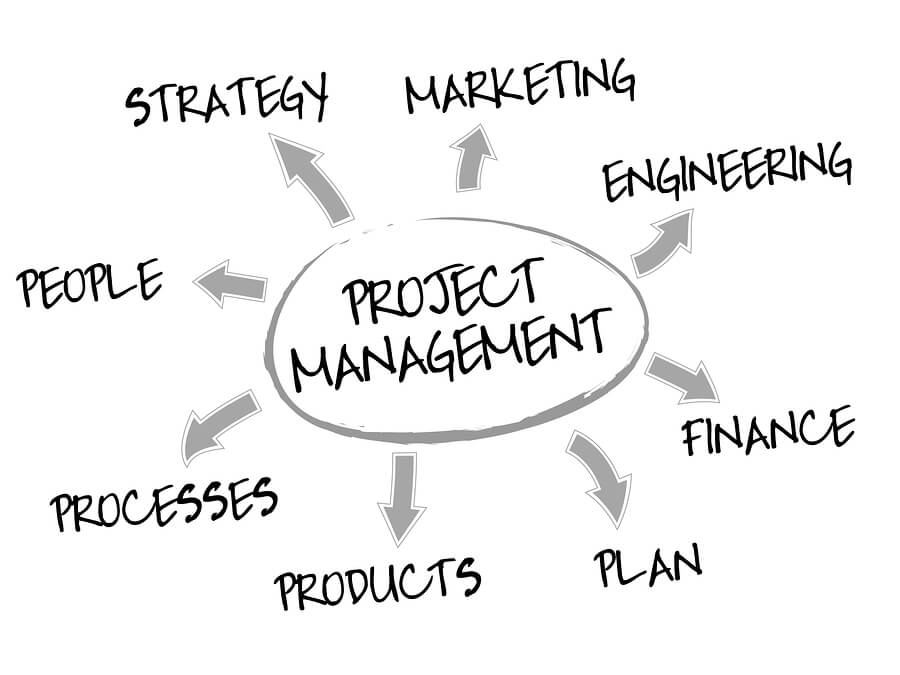KATE is one of our regular contributors, but she also works for The Children's Society, a non-profit based in the UK. She tells us what she has learned about this career path.
LET me start by saying this: There isn't one path. I must know a hundred people who work in a non-profit organization of some description and they have about a hundred different stories of how they got there. The bad news is, that means there isn't a magic recipe if you want to work in a non-profit. But don't be discouraged, because that also means there's good news - you can find your own way into one by being creative, staying motivated and remaining persistent.

The best advice I have for kick-starting your career in the third sector is to start volunteering. Ideally you'll want to volunteer in an organization that does similar things to, or is the one you'd like to work in. But more importantly, volunteer for a cause that you're passionate about. This will ensure that you'll make a long-term commitment, even when you're not getting paid. Volunteering will help you gain relevant skills and develop an understanding of the specific work done within non-profit organizations.
If you end up volunteering at an organization that has little to nothing to do with where you want to end up, that's ok. Volunteering demonstrates a certain type of character - one that is willing to give more than it receives - and the experience will still teach you about some of the elements that are common to many, if not all, non-profits: resource limitations and restricted funding, multiple and divergent stakeholder priorities, balancing employee and volunteer management, and often rapidly changing service offerings depending on the context of need. And though you may not end up with a job after your first volunteer post, the build-up of volunteer experiences over time helps to develop the skills that non-profit organizations want to see in their employees.
Volunteering also does two other things. It allows you to try new jobs, often with an easier way in and an easier way out should you find that particular organization not the one you want to devote your life to. Because it's not the source of your income, it won't keep you there if it’s not something you're actually inspired to do; volunteering is like a free sample for your career. Volunteering will also help you build your network of contacts and may eventually give you the chance to meet the hiring managers. When the time comes, you'll already have a great track record with the organization - you have essentially already been working there - and an insider reference that will be trusted, giving you an advantage over the competition.
The next key to working in the non-profit sector is getting the right kinds of education. Don't get me wrong, most education is valuable and the same skills that drive your application forward in the private sector should give you an advantage in the non-profit world too. However, there are some skills, like volunteer management, fundraising and project management that will be particularly favourable in your toolbox when applying at a non-profit organization. There are plenty of higher education programmes geared towards education for working in non-profits, including SIT Graduate Institute’s Master of Arts in Sustainable Development: Advocacy, Leadership, and Social Change, and the University of Geneva’s International Organizations MBA. Non-profit organizations may also appreciate alternative kinds of education more than private companies do, so take the opportunity to look into other sources of learning, such as online offerings including Coursera and Udemy, or short-term training courses in your local area.

In addition to making sure you have the right kind of training, start to build your story. This is the process and the passion behind the path you've taken to get to where you want to be - working in the non-profit sector. It helps to demonstrate not only that you have the transferable skills to succeed in that environment but also that you have thought critically about how you're going to make your experience and education, wherever it is from, work for you. Find the golden thread that runs through all your experience to build a picture of why you've taken the path you did and how your motivation to work in the third sector has informed your choices. Use this story telling exercise as a way to see the gaps in your plot line and use volunteering and educational opportunities as a way to fill the areas where more development is needed.
The truth is, I'm just at the very beginning phases of my journey into working for non-profits and I'm by no means an expert. Would another path have gotten me in the sector sooner? Maybe. Would I do things differently another time around? Probably not. What I'm trying to say is that my advice was born from my experience, and the people I know who work in non-profits have their own advice to share:
“Find out what your are passionate about and get plugged into that in your community. Volunteer with an organization you care about and connect with the people who work there who are passionate about the same things. Let them know you are interested in finding work in this area and ask them about how they got started. Keep learning and finding out as much as you can about the cause.”
“I made sure to really explain why I specifically applied to their organization and not just the standard “I love helping people”- who doesn’t? I think you have to be passionate about the organization you are applying for, it will naturally come off in the interview.”
“Go for it. Dive in. Get your hands dirty and get ready to work hard but the hard work is rewarding.”
“I am not sure if my opinion of finding a job is the most positive…it is quite hard. The most important things I have learned working in the field…relationships are key, allow time before rushing into something, and take time to create a work life balance.”
“Be sure to work with a cause you authentically connect with and don’t be afraid to ask for advice.”
“Before I applied I actually had a coffee with an old colleague who is an expert in resumes and she helped me tailor my resume for each position I was applying for. I also made sure to highlight volunteer opportunities and any involvement I had with non-profit organizations.”
Remember, like finding any job in any sector, persistence and a willingness to start by "getting your foot in the door" is often the way in. So stay focused on your goal; be flexible in what roles you're willing to take, especially if you're new to the sector; and continue to volunteer for the causes you believe in. One day, it could turn into your career. It did for me.
If you want to make a difference in your career, see our guide to paid human rights internships, or landing a job at an NGO.